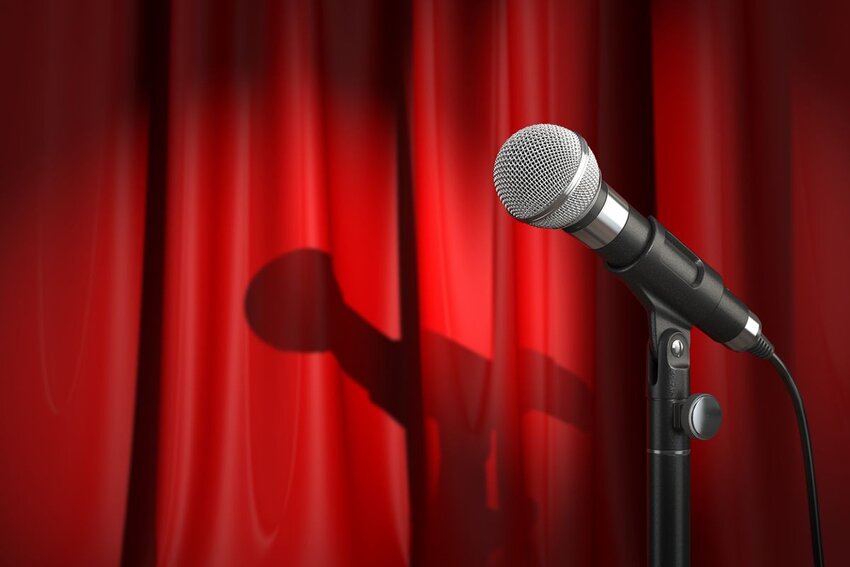If you've ever watched the Scripps National Spelling Bee, wondering how those young kids could possibly know, much less spell, the multisyllabic tongue twisters, you're not alone. And neither are the winners. At the 2019 contest, eight participants went for 20 rounds, plowing through words plucked from the Merriam-Webster Unabridged Dictionary. In the end, the kids were announced octo-champions and for the first time in the Bee’s almost-100-year history, the contest ended in an eight-way tie.
Hard work and dedication to mastering the dictionary brought the winners to the storied bee to show off their knowledge of words including "erysipelas," "auslaut," and "aiguillette." But how, exactly, did they learn all those words?
How to Study for a Spelling Bee
Not too long ago, conquering a spelling bee meant hours of studying the dictionary. But the trick isn’t in memorizing every word. Instead, the kids who study word structure and origins are giving themselves the edge. The 2018 winner of the Scripps National Spelling Bee, 14-year old Karthik Nemmani, spent months studying patterns in words. His winning word was "koinonia," defined as "the Christian fellowship or body of believers." But he also anticipated the etymologies of words he would likely see and examined patterns. So even when he got a word he’d never seen before, he could decipher the derivation and spell it correctly.
This strategy is different than simply memorizing a list of words. Nemmani and many other bee winners put the bulk of their study efforts into knowing the roots of words and combining that knowledge with what they know about the language of origin for each word. An unfamiliar word becomes a puzzle to put together rather than something to take a stab at spelling by sounding it out. Thanks to silent letters and the like, we know that sounding out words doesn't always work, so studying origins and patterns is much more efficient.
Tools of Spelling Bee Champions
Spelling champions also hire coaches who work with contestants on vocabulary lists and strategies. The coaches curate word lists and categories based on statistics of past competitions, and they constantly quiz their spellers. Nemmani’s coach, 16-year-old former contestant Grace Walters, also trained him with a question routine where he asked for a definition, origin, any alternate pronunciations, and part of speech before attempting every word.
Computers are a newer tool for champion spellers. Nemmani and six of the octo-champions from 2019 used computer programs to test themselves on past bee spelling lists. Sometimes the same word will be given in a new competition, which is easy spelling for someone who has already seen it in their regular drills.
Total commitment also separates the champions from the good spellers. Bee winners spend hours every day poring over Greek and Latin roots and prefixes, foreign language construction, and vocabulary lists. Walters told Time she gave up social events and sports to prepare. Nemmani skipped tennis team practices. Contestants are known to dedicate an entire year to study, including taking advantage of summer vacation to pack in as many words as possible.
As with any other goal, the key to a spelling bee championship is to make it a priority with time and by using all the resources available. Preparation means more than memorizing some vocabulary lists. Strategies like studying the mechanics of words and how they're put together are important, and coaches, spelling software, and spreadsheets are almost a necessity. So be forewarned: Next year, the words are only getting harder, because today’s kids are learning them lightning fast.
Photo credit: Bet_Noire/ iStock

